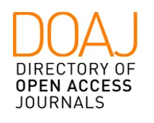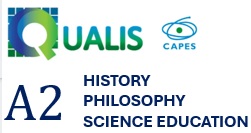2021-2024 Quadrennial Evaluation Qualis/CAPES Journals
2026-01-25
Transversal: International Journal for the Historiography of Science is pleased to announce that its Qualis/CAPES rating has been elevated to A2 in the fields of History, Philosophy, and Science Education. This recognition reflects the sustained scholarly quality of the journal and would not have been possible without the contributions of our guest editors, authors, former editors, and editorial board. The journal reaffirms its commitment to the democratization of knowledge and to critical reflection thereon.
Read more about 2021-2024 Quadrennial Evaluation Qualis/CAPES Journals











